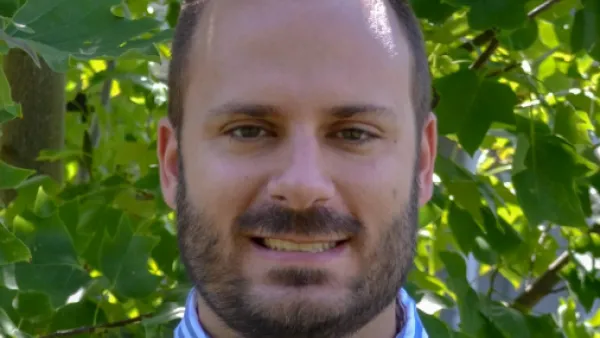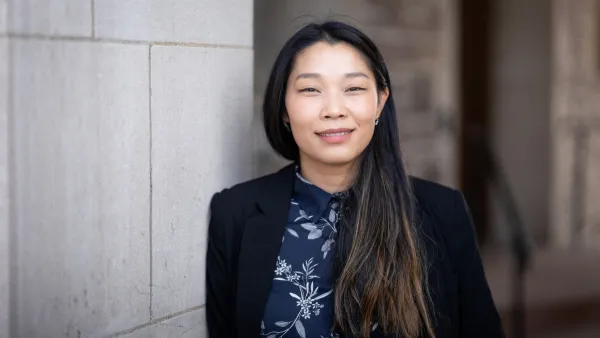PNP PhD student Judith Carlisle has been awarded the 2024 Helen Stenner Memorial Prize for graduate students, for her paper "The Episodic Memory Question." (An abstract of the paper is below.) The Helen Stenner Memorial Essay Prize Competition for graduate students was endowed in 1978 by Professor Alfred Stenner in memory of his late wife, Helen Stenner. Professor Stenner specialized in Philosophy of Science and was a member of the Department of Philosophy from 1962 until his retirement in 1987. (In 1996 the competition was revised to include an additional prize award for undergraduate students.) Contratulations, Judith!
"The Epistemic Memory Question." Abstract: This paper defines and considers the Episodic Memory Question, which asks about the significance of the formation and retention of episodic memories in the development of psychological trauma. Many accounts of trauma reasonably assume that traumatic memories play a central role in defining and explaining trauma. In this paper, I outline two of these accounts—due to Bessel van der Kolk and Avishai Margalit—before offering a series of counterexample cases demonstrating that episodic memory is not necessary either for the etiological development or for the continuation of trauma symptoms in PTSD. These cases include individuals who develop PTSD symptoms without the ability to consciously recall the traumatic event due to factors such as episodic memory deficits, unconscious traumatic experiences, and childhood amnesia. These counterexamples, I conclude, should encourage us to recognize that conscious, episodic memories of traumatic events are common, but they are not necessary features of being traumatized or of having PTSD. Instead, individuals who develop PTSD symptomatology—and especially intrusive ideation or nightmares —seem to require either (1) memories of their experience of the event in question, or (2) imaginings or simulations of the event, which can, in some cases, play the same role that traumatic memories play in more paradigmatic cases of PTSD. I then attempt to reconcile these conclusions with emerging simulationist models of memory. Finally, I close by offering both clinical and philosophical implications. First, in the clinical realm, these cases highlight the importance of addressing symptoms and negative beliefs rather than solely focusing on memory recall in trauma treatment. Second, in the philosophical realm, my arguments suggest that recognizing trauma without conscious episodic memory may have broader implications for understanding and addressing underrecognized forms of trauma, including societal or group-level trauma.



